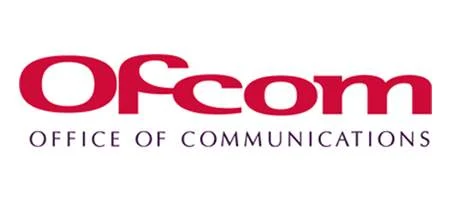British telecoms regulator Ofcom has revealed its plans for the spectrum auction designed to pave the way for 4G networks.

The sale’s expected to take place at the end of this year, with operators starting to introduce LTE services in the second half of 2013. Ofcom says that at least 98 percent of people in villages, towns and cities should have access to mobile broadband as a result.
“The 4G auction has been designed to deliver the maximum possible benefit to consumers and citizens across the UK,” says Ofcom chief executive Ed Richards.
“As a direct result of the measures Ofcom is introducing, consumers will be able to surf the web, stream videos and download email attachments on their mobile device from almost every home in the UK.”
The auction will offer at least two spectrum bands – 800 MHz and 2.6 GHz. The first is what Ofcom terms the ‘digital dividend’, ideal for widespread mobile coverage, while the 2.6 GHz band gives the capacity needed to deliver faster speeds.
The two new bands almost double the amount of spectrum available in the country: 250 MHz extra, compared to 333 MHz in use today.
There are currently three dominant operators in the UK: Everything Everywhere – which owns T-Mobile and Orange – Vodafone and O2. But Ofcom’s concerned that this is just a tad too cosy, and says it plans to reserve spectrum for a fourth operator – the money’s on Hutchison 3G.
But the announcement has drawn criticism from observers concerned that the UK is already too far behind much of the world in its move to 4G.
“The auction proposal set out today by Ofcom means that the UK will not see 4G LTE services go live until later in 2013 at the earliest, putting UK mobile consumers almost four years behind the world’s leading 4G markets. Four years may not seem a significantly long period of time, but it is the equivalent of light years in the fast-paced mobile market,” says Thomas Wehmeier, principal analyst for telco strategy at Informa Telecoms & Media.
“To put things in context, 4G adoption in Korea has already reached 17 percent of mobile users today; by the time the UK takes its first baby steps forward in 2013, it’s reasonable to expect that Korea will have taken a giant leap towards 50 percent adoption.”






